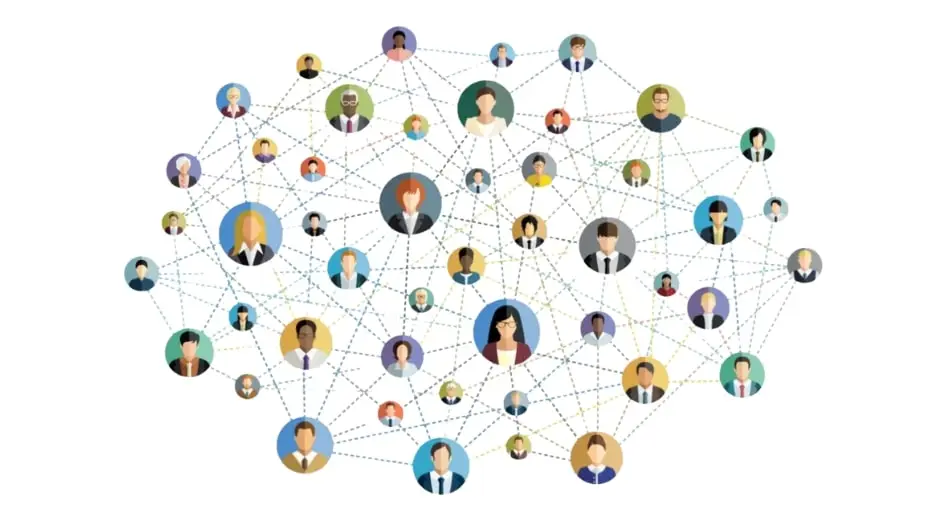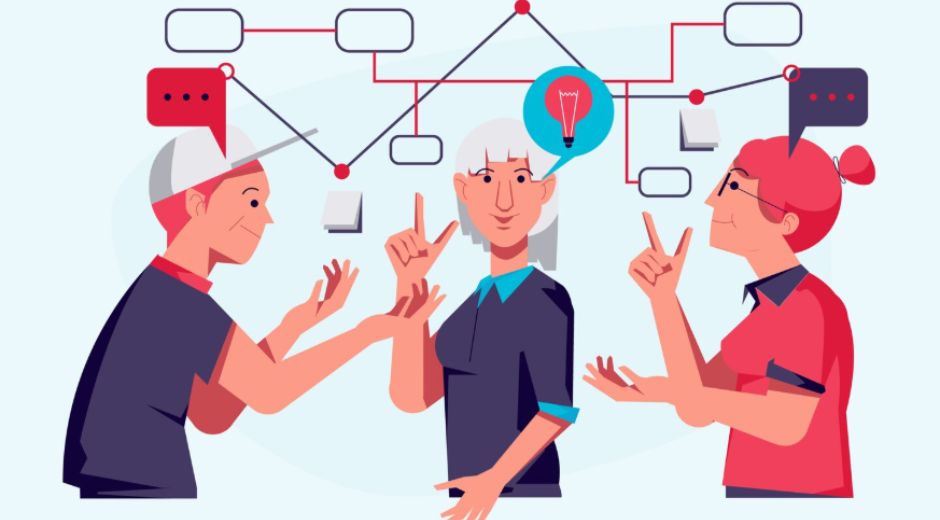Why 3 Key Connections Can Transform Your Career Path
The old saying “It’s not what you know, but who you know” has never been more true in today’s professional landscape. While expertise and education remain critical, the ability to build, sustain, and leverage meaningful connections can accelerate your career path dramatically. From getting access to opportunities before they’re publicly announced to receiving guidance during critical decisions, connections can provide the leverage you need. In this guide, we’ll break down why three key types of connections—mentors, peers, and network bridges—can transform your career trajectory, backed by real-world examples, research insights, and practical tips.
1. The Mentor Connection: Wisdom and Guidance
A mentor provides more than advice—they provide perspective, encouragement, and a roadmap. Career mentors often shorten learning curves, help you avoid mistakes, and expand your vision of what’s possible. According to Forbes, professionals who receive mentorship are significantly more likely to advance into leadership positions compared to those who don’t. The key lies not just in finding a mentor, but in creating a relationship built on trust and value exchange.
Mentors can help you with:
- Understanding industry trends and anticipating changes.
- Learning strategies for conflict resolution and leadership.
- Receiving feedback on important career moves or transitions.
- Expanding your network through introductions to their peers.
2. The Peer Connection: Growth Through Collaboration
Peers—your colleagues, classmates, or professionals at similar levels—are powerful allies in your career journey. They provide real-time collaboration, honest feedback, and often grow into long-term partners or collaborators. A study published in the Harvard Business Review highlighted that peer support systems often enhance productivity and prevent professional burnout.
Consider peer connections as accountability partners who:
- Challenge you to stay motivated and consistent.
- Offer diverse perspectives on challenges.
- Support your professional experiments by collaborating on small projects.
- Celebrate your wins and help you bounce back from setbacks.
You can strengthen your peer connections by joining interest-based groups and forums. For example, just as communities are reshaping engagement online as seen in this analysis of Threads communities, professional peer groups act as support hubs for career development.
3. The Network Link: Access to New Worlds
While mentors and peers are vital, network link connections—those who introduce you to entirely new circles—may provide the biggest breakthroughs. Sociologists call these “bridging ties.” They’re not necessarily your closest contacts, but they connect you to opportunities, industries, and collaborations outside your current scope.
For instance, a casual acquaintance might refer you to a role that fits your unique skillset perfectly. Or, someone from a different sector could introduce you to an innovation that sparks your next career move. Research from The New York Times on social dynamics shows that people often find jobs through “weak ties” rather than close friends, because these connections extend beyond your immediate circle.
Why These Three Connections Work Best Together
The real transformation happens when all three work together:
- Mentors give you perspective and confidence.
- Peers push you, share resources, and walk alongside you.
- Network links extend your reach into uncharted territories.
Case Studies: Real-World Evidence
- In Silicon Valley, many founders attribute their success to mentors guiding them through early struggles, peers helping refine ideas, and network connections introducing them to investors. - A report by CNN detailed how rising leaders in politics and business often relied heavily on mentors and diverse networking to rise quickly. - Lifestyle-focused entrepreneurs often emphasize personal branding platforms like BeautyUpNest and TasteFlavorBook, showcasing how connections in lifestyle and creativity also play a huge role in career building.
Practical Steps to Build These Connections
Building meaningful career connections takes intentionality:
- Identify potential mentors and craft respectful outreach messages.
- Build strong peer groups by joining professional communities.
- Expand outward by attending cross-industry events and using platforms like LinkedIn.
- Follow up consistently and offer value—don’t just take, give back.
- Reflect regularly on which connections are helping you grow and where you can contribute more.
Internal Resources & Next Steps
Ready to take action? Explore our Professional Branding Guide for tips on creating a standout identity, or read our Advanced Networking Strategies to deepen your understanding of effective connections.
Conclusion
Your career path isn’t shaped by chance—it’s shaped by the connections you cultivate. Mentors give you wisdom, peers provide collaboration and accountability, and network links unlock access to opportunities you couldn’t imagine on your own. If you focus on intentionally building these three types of connections, you won’t just grow your career—you’ll transform it. The question is: which connection will you start investing in today?
Networking Made Simple

Cash Management Habits Every Growing Business Needs
Cash Management Habits Every Growing Business Needs

Process Automation Tools That Save Time and Reduce Errors
Process Automation Tools That Save Time and Reduce Errors

How Team Culture Drives Long Term Business Success
How Team Culture Drives Long Term Business Success

Cost Control Methods That Improve Profit Without Cutting Growth
Cost Control Methods That Improve Profit Without Cutting Growth













